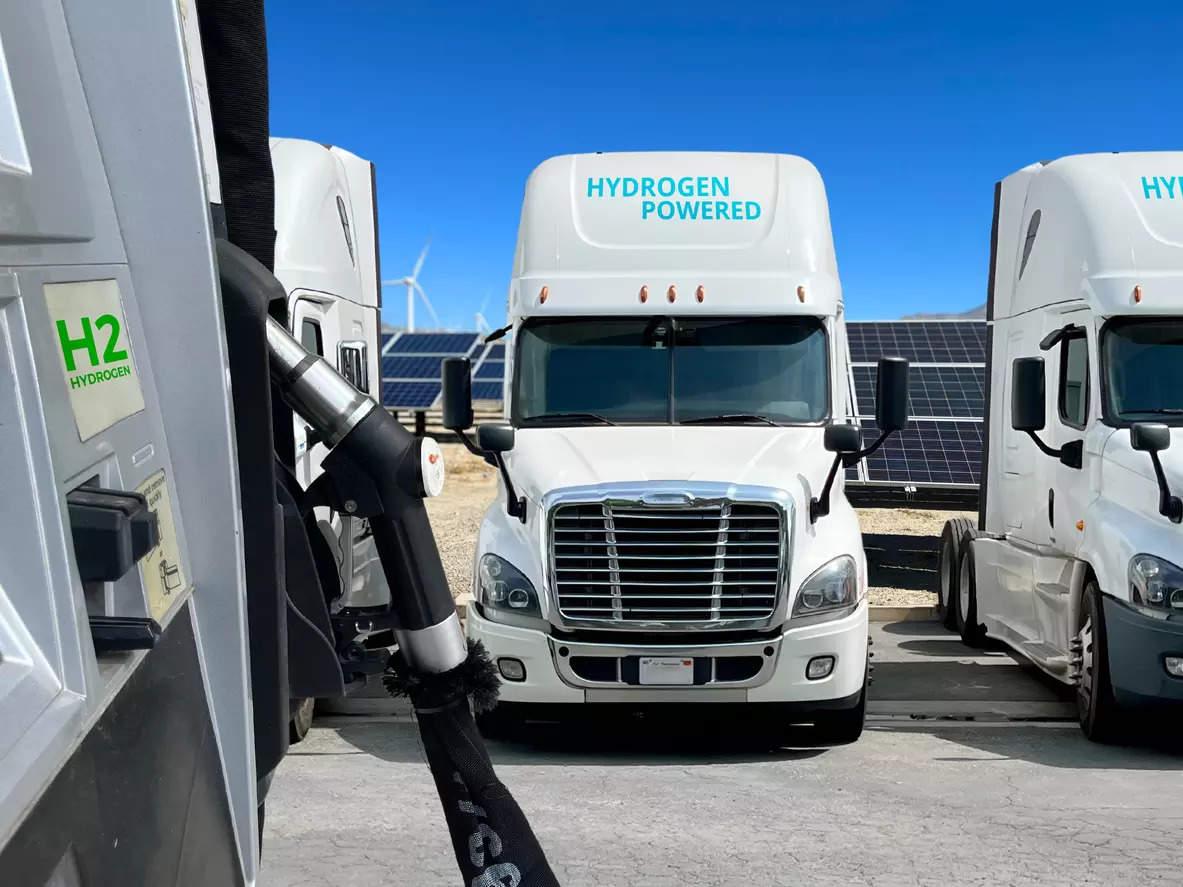 Tata Motors, which has been working on Hydrogen technology for many years, is close to deploying a few Hydrogen trucks on the road.
Tata Motors, which has been working on Hydrogen technology for many years, is close to deploying a few Hydrogen trucks on the road.Pune: Hydrogen technology is pegged to be a potential game changer in India’s journey to achieve carbon neutrality by 2070. However, there are hurdles for Hydrogen adoption. Key among them are cost, and a favorable ecosystem.
Hydrogen, as fuel cell technology, or as fuel in an internal combustion engine (H2ICE), is seen as an “important technology” for long haul transportation. The latter is a more practical option for markets like India, primarily for its cost structure, and the minimal need for re-engineering the engine. “H2ICE is the fastest way of adopting Hydrogen technology in transportation,” says Dr. Sukrut S. Thipse, Sr. Deputy Director, ARAI and Head- Engine Development Lab, and also argues that the technology deserves policy support similar to the ones offered for EVs.
Four levers for hydrogen adoption
To pave the way well for hydrogen adoption in transportation, a combination of industry and government interventions is essential. In that respect, four levers need to be pulled, as highlighted by Rajesh Khanna, Co-chair, Gases Committee, SIAM, and Head Product Planning – Trucks, Tata Motors, at an ARAI seminar on Tuesday:
1) Technological Improvements: Enhancing engine efficiency for hydrogen-powered vehicles.
2) Localization of H2 technology components.
3) Price Regulation: Controlling hydrogen costs to make it competitive with diesel.
4) Including hydrogen vehicles under zero-emission technology initiatives similar to Battery Electric Vehicles (BEVs).
Industry efforts and challenges
Tata Motors, which has been working on Hydrogen technology for many years, is close to deploying a few Hydrogen trucks on the road. Another major, Ashok Leyland, has been conducting trials of H2ICE trucks in collaboration with Reliance Industries.
Khanna also added that the technology roadmap also requires three things — competitive cost of operations, application suitability, and profitability for the vehicle buyers to ensure the success of Hydrogen technology. These would also be applicable to other new technologies.
Currently, the fuel cost for transporters using diesel trucks is estimated to be between INR 1.9 – 2.2 per ton per kilometre. For Hydrogen trucks, this figure shoots up to INR 3.0 – 3.5. Bringing down the cost of Hydrogen is crucial for paving the path for new technology. Currently, Green Hydrogen costs around INR 600. Dr. Thipse argues that gray H2, which costs around INR 200/kg, or blue hydrogen (INR 350-400/kg) should be encouraged to build and scale up the Hydrogen vehicle industry. Khanna says that a figure of INR 270/kg would also be okay for the trucking industry to try out Hydrogen trucks.
Government’s role
The Government is changing its approach towards policy framing for new technologies, according to Dr. PA Chaphekar, Dy. Secy., MNRE (Ministry of New and Renewable Energy). “Our goal is to promote scale in the fastest possible manner,” he says, and also added that the ecosystem for the new technology will not come up with only a few vehicles.
The Government official also says that “mission-mode efforts” are required from the automotive industry. He advocated for a need to break the silos, and also said that there aren’t enough pressure groups from the industry. Stakeholders are encouraged to make more representations, backed by facts and figures, for new technology support.
According to him, the Government is ready to do “whatever is required” to put the H2 project on the ground.
The road ahead
“What will be needed (for H2ICE adoption) is a long-term roadmap, whether it is on the taxation, because there is going to be a delta cost that is going to come for these vehicles that people are going to manufacture, and setting up of Hydrogen dispensing units will also require additional costs,” says Dr. Reji Mathai, Director, ARAI.
CV Raman, industry veteran, and Member, Executive Committee, Maruti Suzuki India says that a multi-pronged (technology) approach makes sense for the next 15-20 years. As the automobile industry’s technology mix evolves, Hydrogen tech, especially as H2ICE has the potential to make a significant difference, provided it sees adequate efforts from the Government, and industry players, to make it viable for the customer.
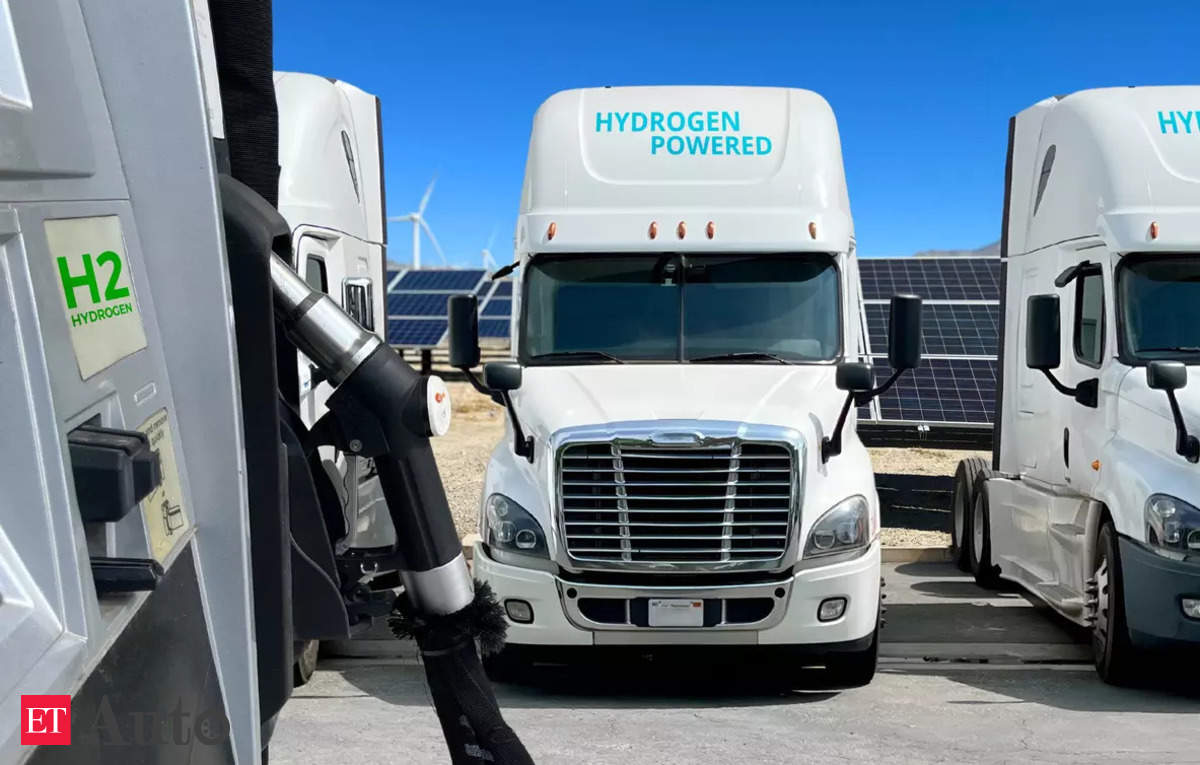


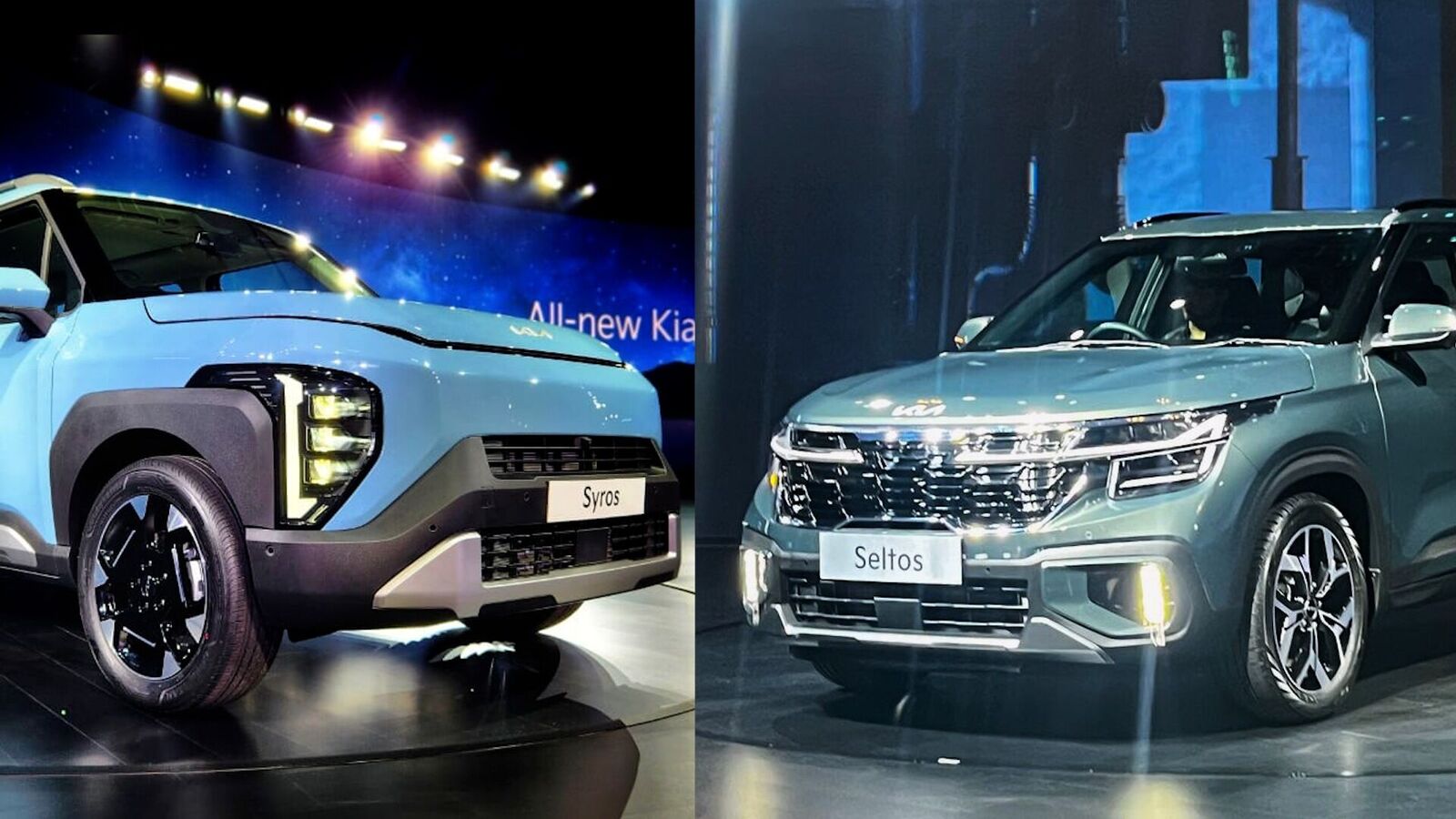

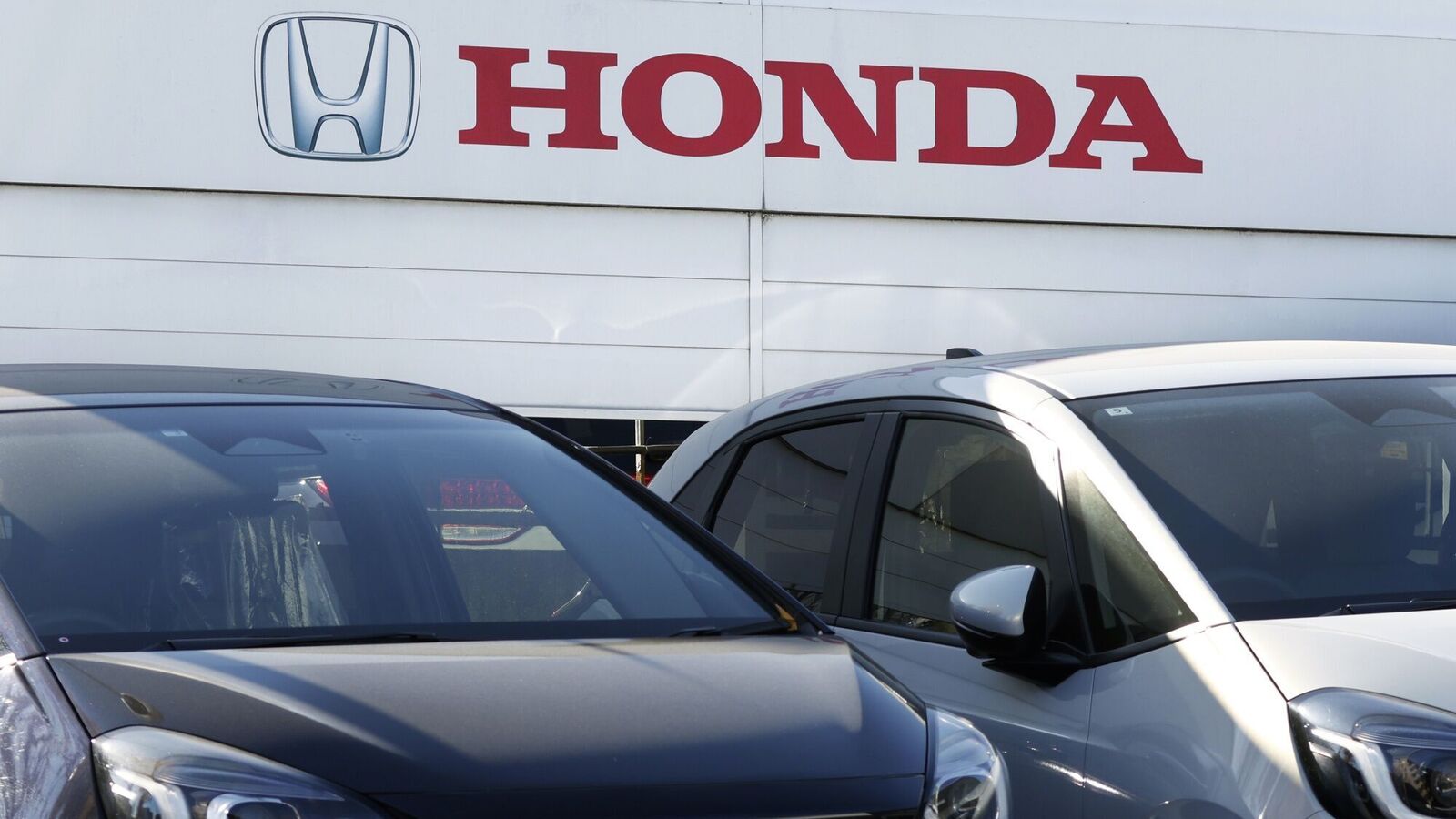
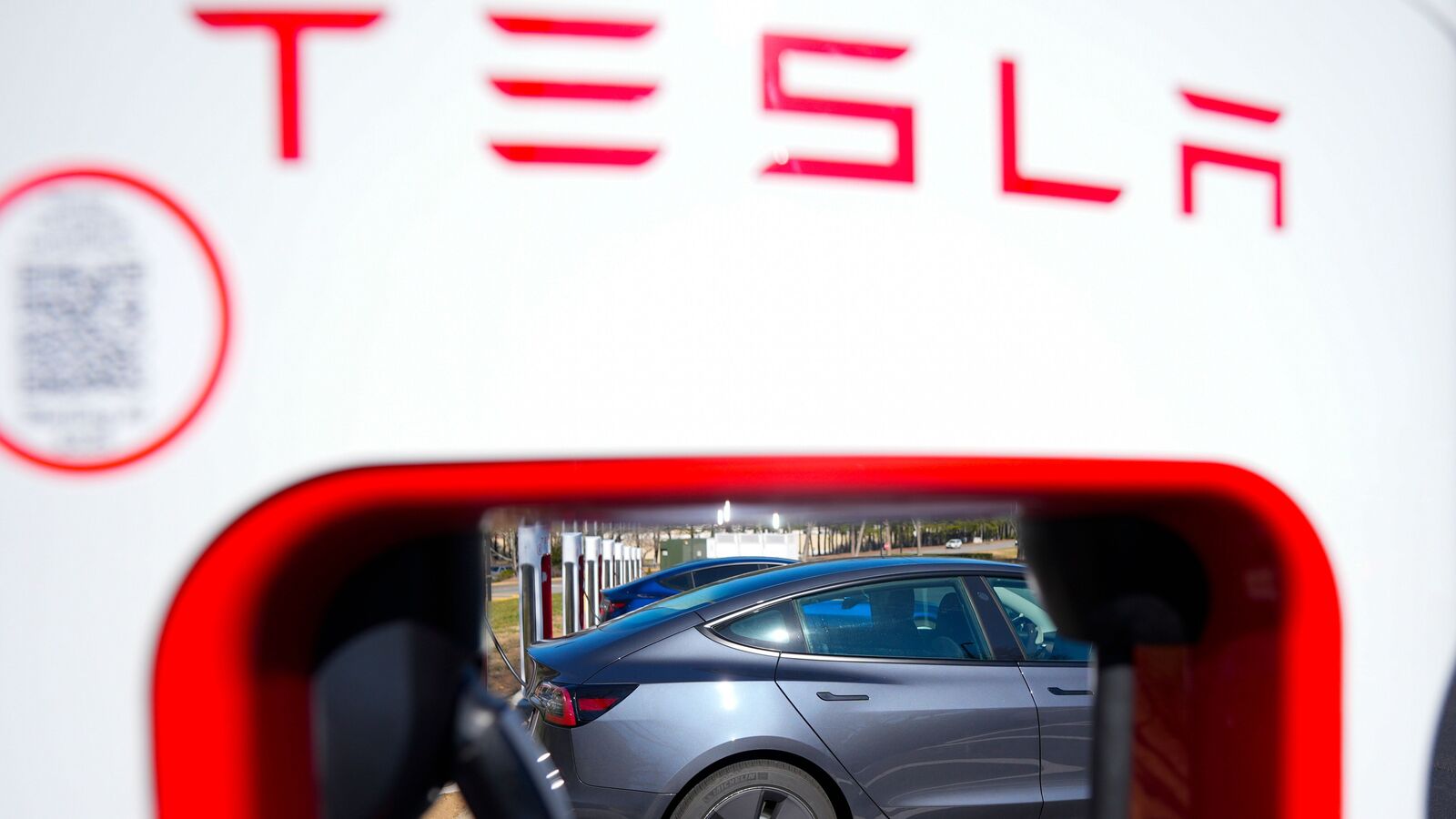

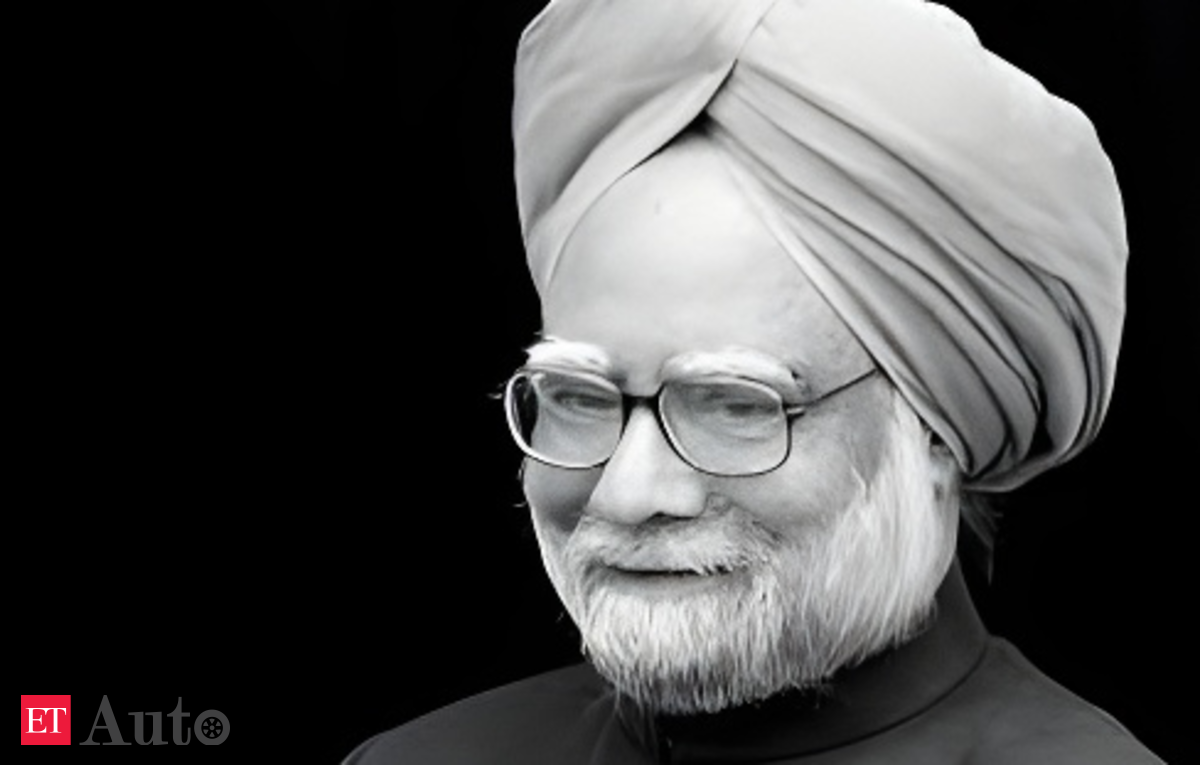
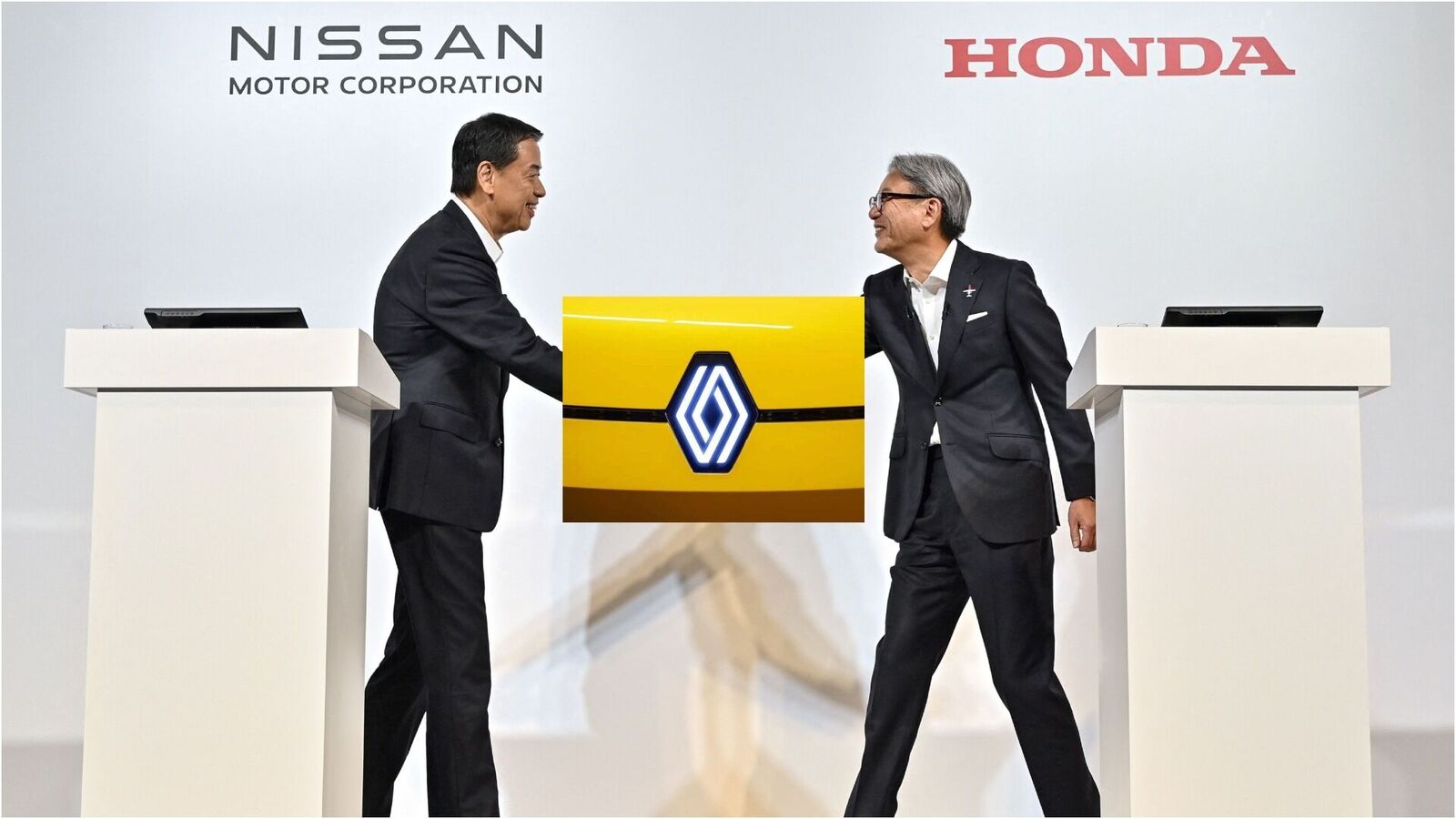
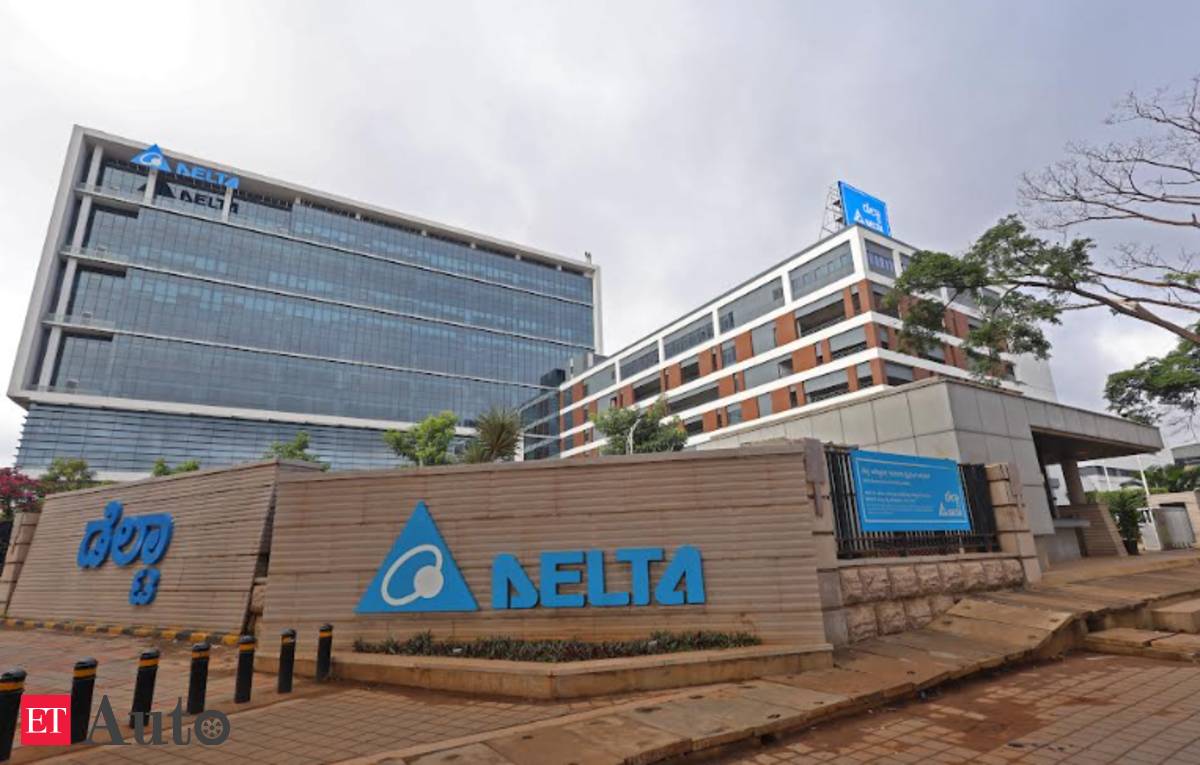
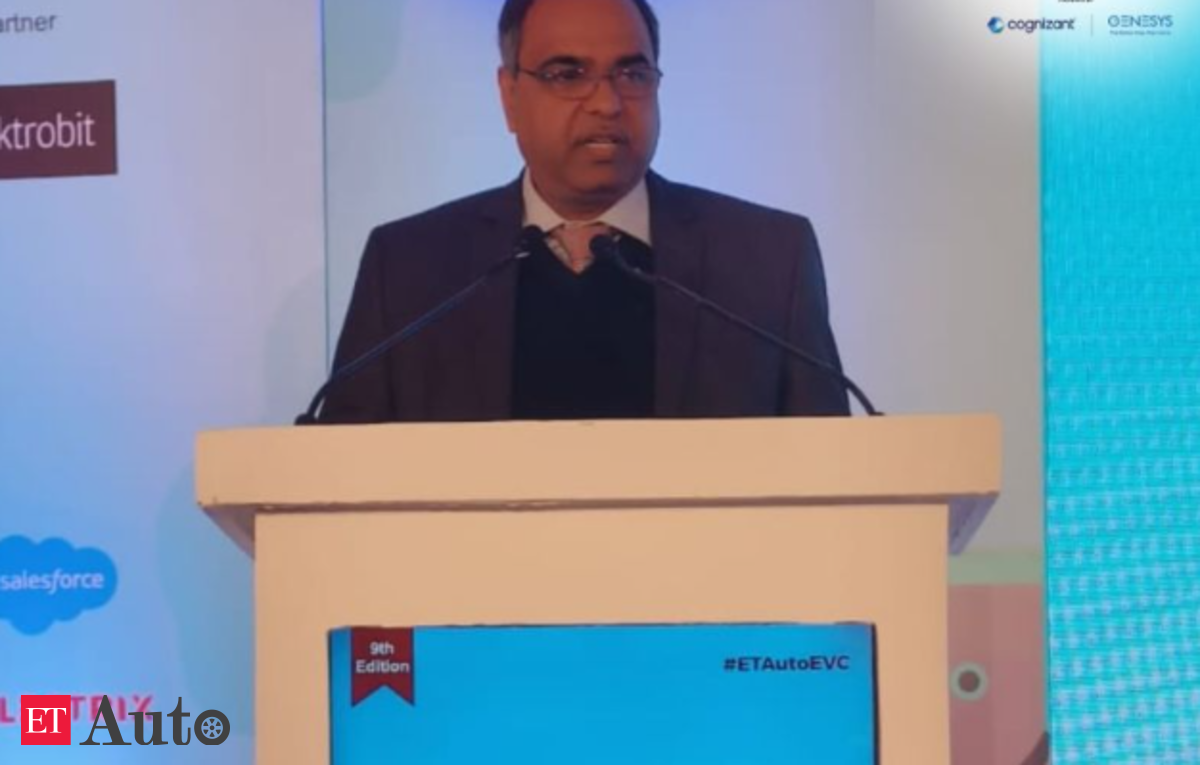

Leave a Reply